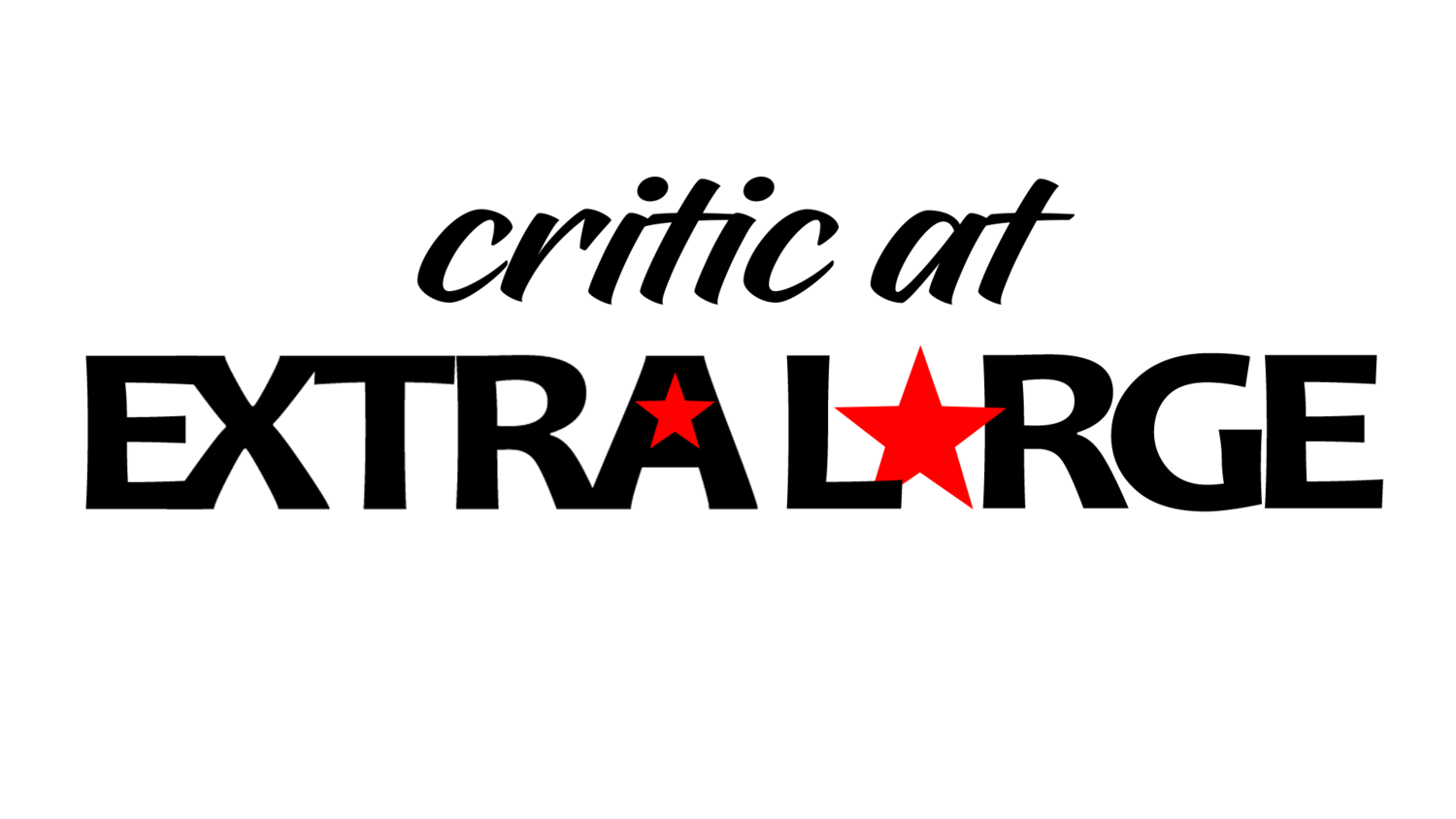The LGBTQ Community's Self-Imposed Problems With COVID-19
Here is a painfully obvious statement: the COVID-19 crisis has had a profoundly negative impact on everyone. Regardless of color, ethnicity, age, socioeconomic upbringing, political affiliation, we all have been impacted by the coronavirus. It comes to no surprise that the LGBTQ community has been negatively afflicted as well.
In March 2020, the Human Rights Campaign released its findings on the COVID-related economical impact on the LGBTQ community. With these findings, it is important to add additional layers of context and analysis to these statistics.
Gays and lesbians are hurting in the job market. While a slightly larger percentage of the general population versus the LGBTQ population has reported losing their job, roughly 30% of the LGBTQ community has suffered a reduction in their work hours, as opposed to just 22% of the general population. This, in part, is due to the jobs LGBTQ members decide to enlist in.
One theory behind why certain occupations have a higher proportion of gays and lesbians is the concept of task independence, where little to no assistance is needed to complete an objective. Task independent jobs are attractive to lesbians, gays, bisexuals, transgenders, and queers because of the small if not zero amount of social interaction. The less social interactions, the less of a chance where that person’s sexuality will come into question, and possibly create tension and conflict. Task independent jobs with higher proportions of gays and lesbians include massage and physical therapists, web developers, graphic designers, travel agents, transportation attendants, actors, as well as cosmetologists and hairdressers. Notice that many of these jobs have become nonexistent since the pandemic. Their heterosexual peers who chose jobs such as firefighters, police officers, construction workers, and many healthcare professionals are still working, providing necessary services to the community.
More LGBTQ workers are out either out of work or working less during the pandemic. Because of the spending and saving habits within the community, they are having an arduous time economically.
According to several surveys, one of them being a 2018 Experian survey, LGBTQ citizens acknowledged that 16% of their monthly income goes toward discretionary spending. If a person’s monthly take-home amount is $5,000, then the amount of money frivolously spent is $800. In a year’s time, that is $9,600. Wasting almost $10,000 a year makes it hard to save money, which 44% of gays and lesbians said they have struggled with. More money saved could have meant less economic stress during unforeseen times like these.
LGBTQ citizens, while not more prone to contracting the virus, have developed health implications, due to certain lifestyle choices, that make them much more vulnerable to the virus if contracted. Rates of smoking are 50% higher in LGBTQ communities than the general population. This is particularly undiscerning considering that smoking weakens the respiratory system in the midst of a virus that attacks the respiratory system. Lesbian and bisexual women are more likely to be overweight than heterosexual women. Moreover, HIV is more prevalent in the LGBTQ community, compromising their immune systems even more. Gay men are seven times more likely to binge eat and 55% of gay men were deemed “not active enough to maintain good health”.
Many of these poor health and financial decisions can, and often do, stem from societal pressures. As accepted homosexuality has become in American society, there are still many who oppose such a lifestyle. Societal stigmas may be difficult to deal with, but coping with them by putting yourself in a more vulnerable situation is questionable, to say the least.

